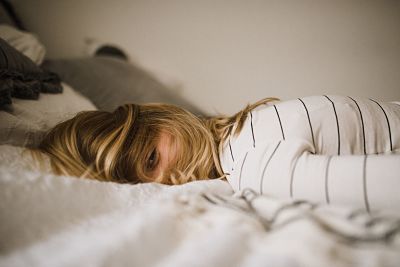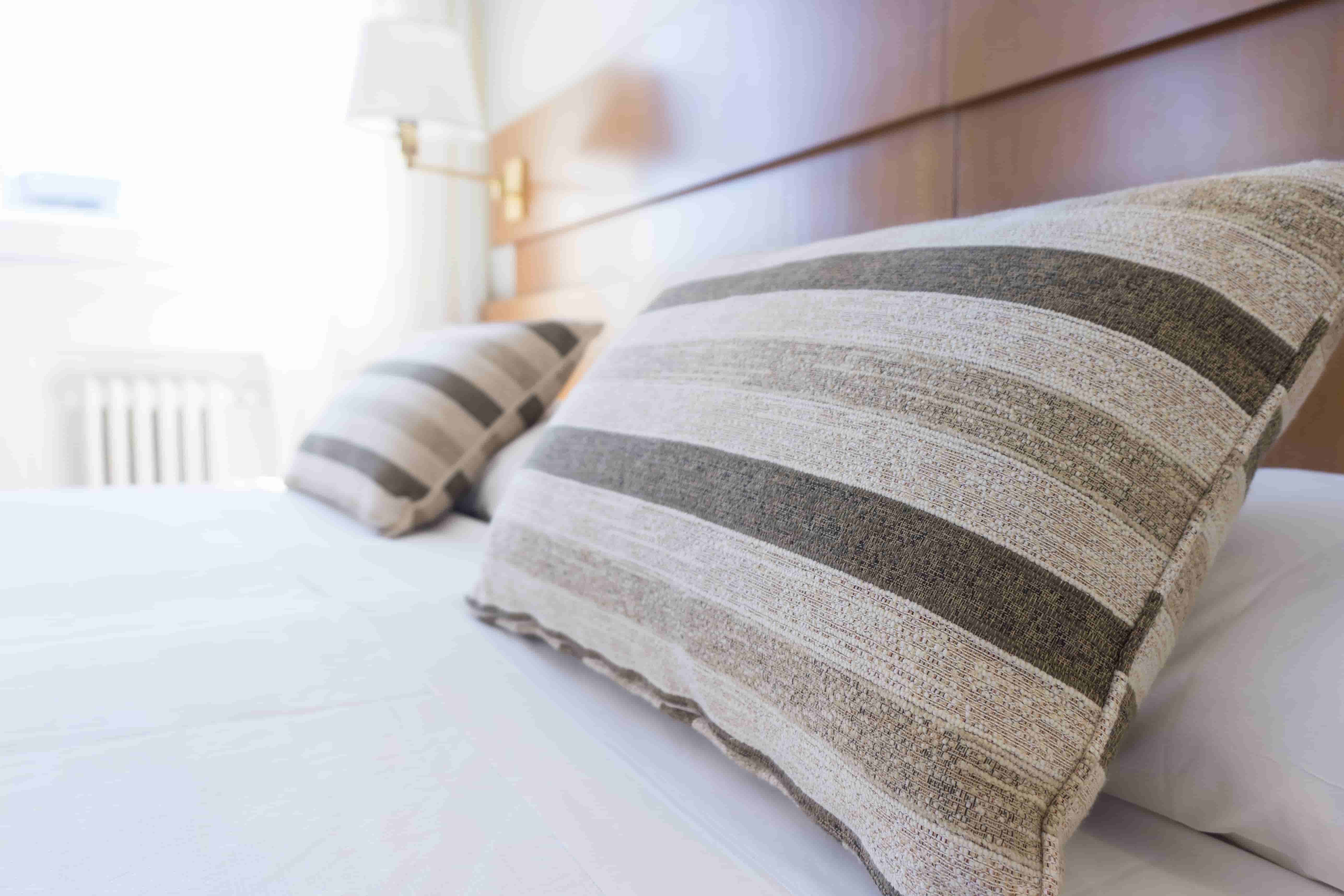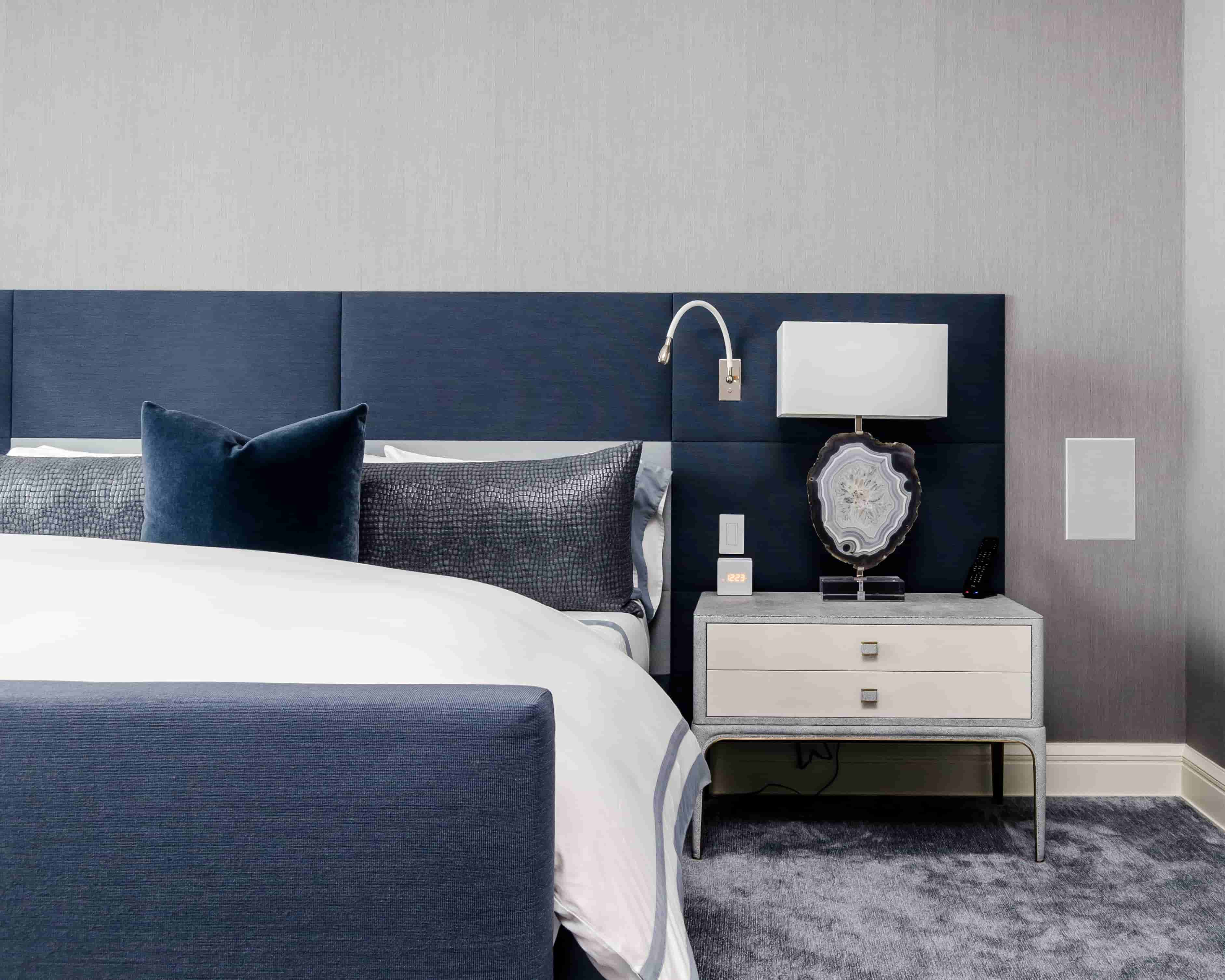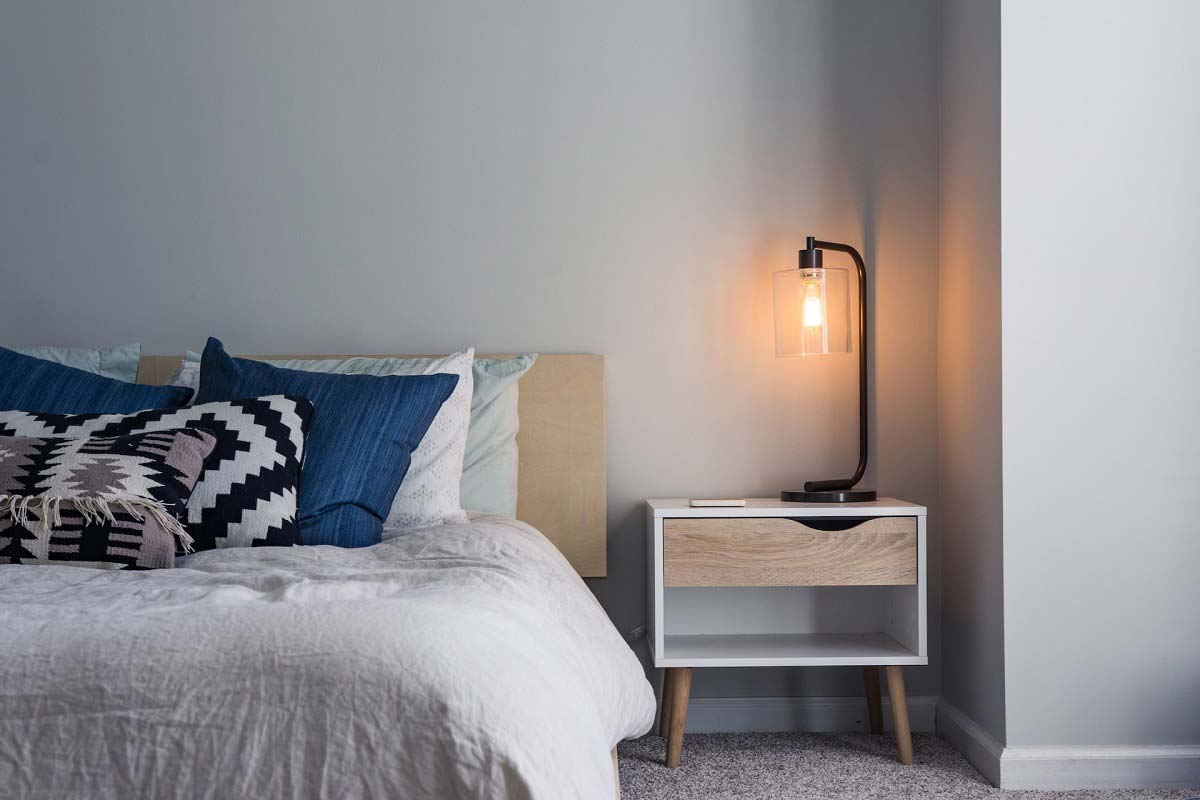Have you ever woken up in the morning and felt like you hadn’t slept at all? This is one of the worst feelings. When you work all week and have very little time to yourself, you can’t afford to have a sleepless night.
If you don’t get a good night’s sleep, you’re not going to be productive. Not getting enough quality sleep can make us grumpy, unfocused and distracted. If on the ride into work you’re already thinking about how good it would feel to get back to bed – there’s a problem!
For people on a tight schedule, there just isn’t time to properly wind down and prepare for a good night’s sleep. Nor is there time to wander the aisles of department stores looking for ways to improve your sleep quality.
Here, we’ll break down some tips and tricks for getting a quality night’s sleep. Whether you have a tiny nook for a bedroom or a large master suite, there are ways to create an environment that beckons you. You don’t have to spend a fortune to get a good night’s sleep.






